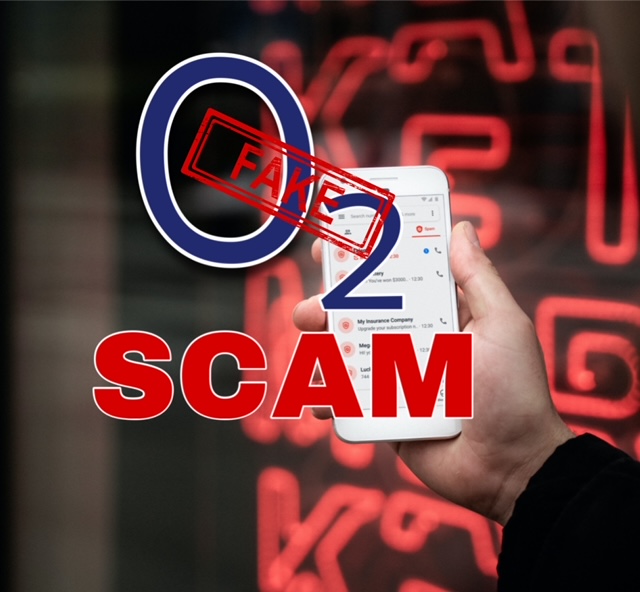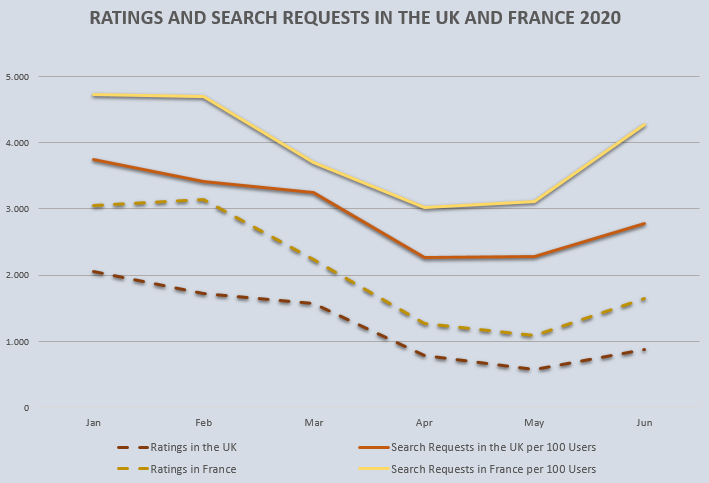
Be aware of those numbers?
Telephone scams and dubious calls are and will remain an issue that will not lose its relevance anytime soon. Quite the contrary. Every day, individuals continue to be confronted with the fraudulent stories of unscrupulous scammers.
The reasons given for the calls cover a wide range: from the delivery of shocking news to the announcement of an alleged profit. Often it is not easy to see through the scam, let alone keep track of it. For this reason, tellows has made it a business to always inform and warn you about the latest unwanted, dubious phone numbers.
Attention! Be skeptical with these callers
The listed call numbers were searched for particular frequency by tellows users in June 2022 and accordingly often rated negatively. The comments show that the scammers have a very strong Indian accent and are claiming to be working for O2 company. Be careful, official numbers are often targeted by scammers who manipulate phone numbers via spoofing, and their main goal, in this case, according to the comments is always to either get your personal data or your money directly with the “excuse” of the need to renovate the contract. What is particularly striking about June’s unwanted numbers is that virtually all of them started their activity of contacting people this month, for this reason, it is important to stay informed about the latest dubious numbers.
- 01825222019 (tellows score: 7, caller type:Cost trap)
- 01753989926 (tellows score: 8, caller type:Harassment calls)
- 03300883831 (tellows score: 8, caller type:Cost trap)
- 01550444018 (tellows score: 7, caller type:Harassment calls)
- 03303035293 (tellows score: 8, caller type:Harassment calls)
- 01743562752 (tellows score: 8, caller type:Cost trap)
- 01825222014 (tellows score: 8, caller type:Cost trap)
Block unwanted numbers
Stay safe from spam calls! Thanks to tellows APP, you can find out who’s calling you right away, rate numbers and block calls . Benefit from free Caller ID search, unknown number information, spam call blocker, personal blacklist and more!
Download the tellows app for Android or iOS

